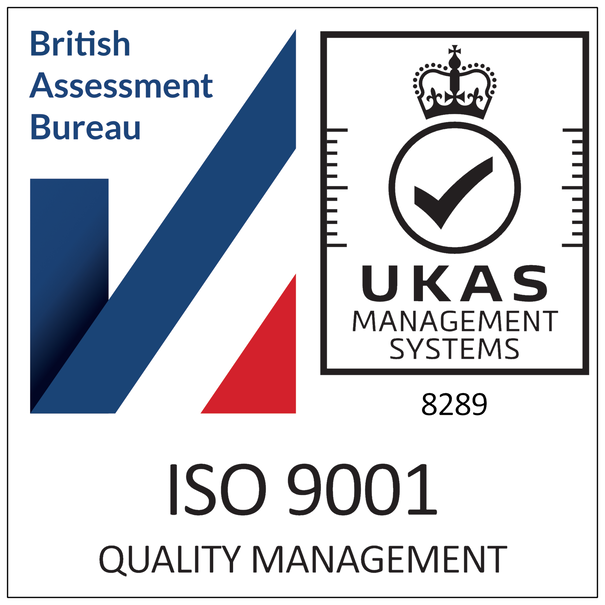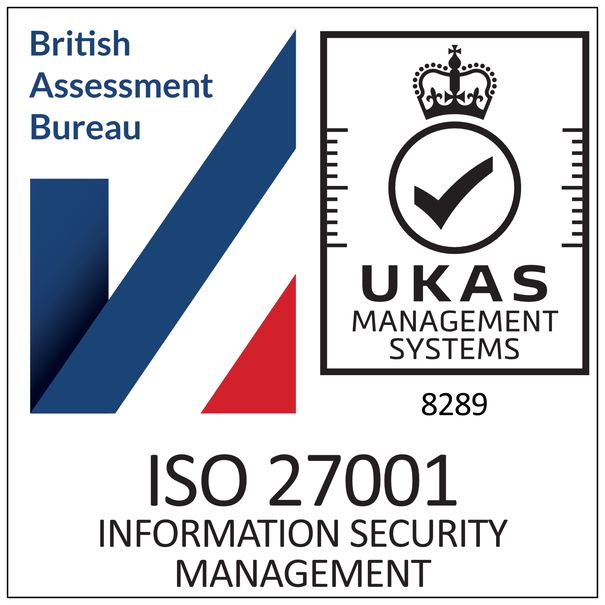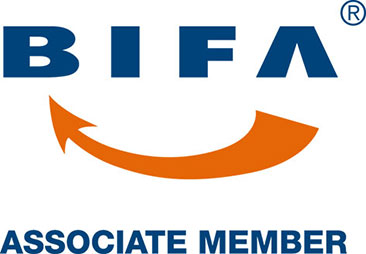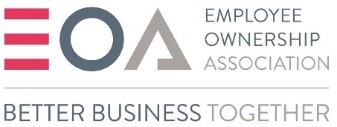
Frequently asked questions about our debt recovery services, and enlisting a DCA.
1. What happens if the debtor has disappeared?
We provide trace services to reconnect you with gone-away account holders, customers, and debtors. We can either do this at the start of the journey or incorporate into the workflow if we suspect that the account holder may have moved on.
- What happens if you cannot collect the debt?
Whilst we have very high success rates for ‘pre-legal’ recovery, there are always going to be accounts that are resistant to settlement. Our Client Services team will talk you through options if we exhaust the pre-legal process and may suggest litigation – if we feel that it is viable option for you. We actively discourage any clients from moving to litigation should we not feel that a positive outcome is likely.
- How long will recovery take?
A large proportion of accounts referred to us settle within the first 30 days, although our ‘pre legal’ collection workflow is usually between 45 – 60 days. Our processes are not rigid, and we are happy to put together a bespoke workflow to suit your exact needs.
- I’m unsure about debt recovery, as don’t want to throw good money after bad
We understand these types of concerns – you should feel that you are in safe hands with it comes to a debt recovery company. We work on a no collection, no fee basis with no tie ins or minimum referral volumes. You will only pay commission on what we collect.
- How can a DCA recover the debt when we can’t?
This is a question that we hear a lot; there is a real difference between a company’s own credit control department and a debt collection firm. For starters, a DCA is absolutely focussed on recovery, whilst an in-house credit control department will have many other duties and chasing outstanding debts can often fall to the bottom of a long to do list. Your debtor will likely know this and will ignore your requests for payment. A letter from a DCA will make a customer sit up and pay attention.
We make it our business to recover sums owed to you, its not one of many jobs on a list.
- Can the fees be added to the debt?
We can advise you here, but generally yes. Businesses have the option to apply late payment interest and fees to a debt when invoicing another business. For consumer invoices, we will review your terms and conditions and advise you with regard to applying additional fees that can help offset the cost of recovery.
- How do we keep the debtors’ data secure?
Controlaccount takes data security seriously and our systems are built around the secure transfer of personal data. Our policies and procedures support this, and we’d be happy to talk you through any concerns that you may have.
We are ISO 27001 accredited – protecting our clients and their customers. We hold Cyber Essentials, adhere to strict data processing agreements and are members of Information Commissioners Office. Keeping your data safe is paramount to our business.
- Should I go straight to legal?
It’s worth bearing in mind that there are costs involved in litigation, and which are payable directly to the Courts, and also that if a case is disputed, costs can spiral quickly. Cases can be ‘fast tracked’ to litigation (bypassing the pre-legal process) if time is against you, but we would usually recommend that you consider a shortened pre-legal workflow (which will identify any disputes) as settlement could be reached without the need for costly legal fees. Any litigation must be preceded by a Letter Before Claim (aka Solicitors’ Letter / Letter Before Action) which adheres to the pre-action protocol and which will set out what the claim relates to, and next steps – giving a time frame for responding – usually 30 days, but for businesses it can be 14 days. Once this timeframe has passed, a claimant can move to litigation – but not before. We generally recommend a pre-litigation report which will determine how viable successful recovery is.
- What happens if a debtor pays me directly when I have already referred the case to you?
Once a case if referred to us for collection, we encourage our clients to direct any communication from their customer to us or let us know as soon as possible if a direct payment has been made. This not only helps remove you from any difficult conversations, but also makes sure that we do not continue to request payments that have already been made or have been withdrawn. We make it easy to keep us informed – it’s a press of a button on our ClientWeb portal if your customer pays you before we have executed any activity.
Controlaccount has been successfully collecting commercial and consumer debt on behalf of leading brand names, small and mid-sized businesses, public and not-for-profit organisations for forty years.
We welcome you to contact our friendly and professional team for any further advice.












